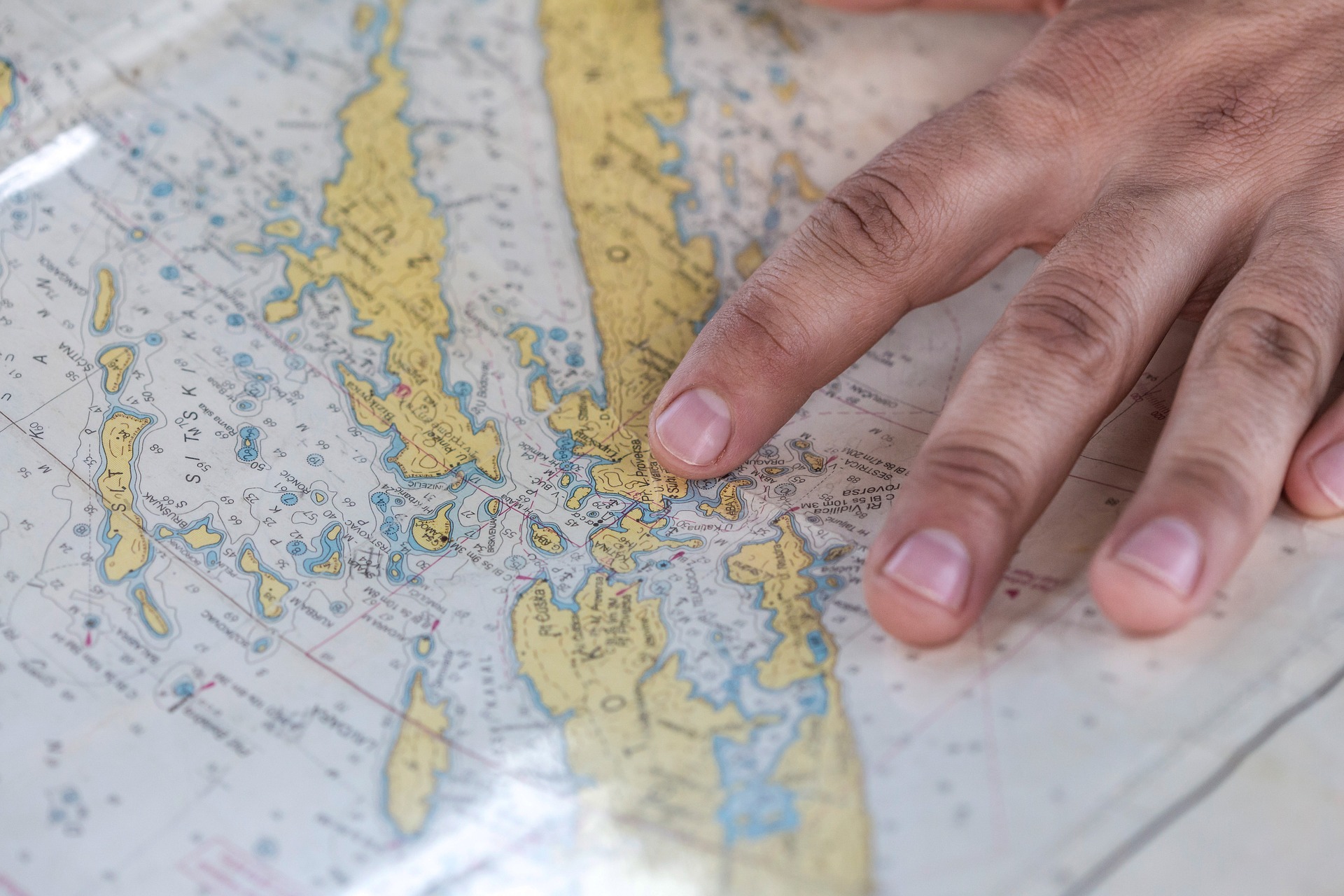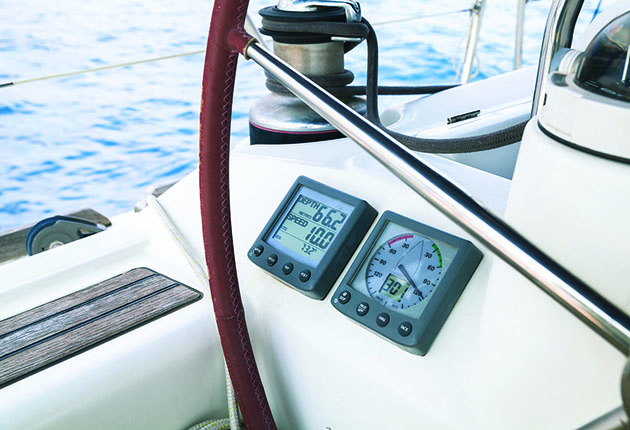

“Sailing fundamentals can get you on the water,
but it is the smart advice that makes the difference.”
D. Marinkovic; Sail Canada
📝 How to acquire sailing skills and get the necessary yachting license for pleasure craft operation trusted by charter and insurance companies? What kind of qualification courses exist, and how to choose the right one from the big scope of options? The team of Yasido.com has carefully prepared and systematized the answers to these essential questions.✔️
After several sailing trips and yacht vacations you already have a fascination with the sea and have begun to think about renting and chartering a bareboat. Going out to sea on your own is definitely to be an experience never to be forgotten, so make sure you are well-prepared! Regardless of whether you want to rent a sailboat and be the captain for your family and friends or you want to become a professional skipper, there are specific courses you have to complete.

There are various essential yacht qualifications confirming that you are competent to the level required by yacht charter companies worldwide. However, the sailing requirements and licenses often differ from country to country. In the Netherlands for example, you can rent a motorboat without a license as long as the boat has a power of 15hp or less and the boat is no more than 5m in length. According to Croatian law, all skippers onboard must have a valid VHF radio license. But no matter what legislations apply in the territory where you decide to sail - make sure you have the needed yacht handling skills for a safe voyage: you have to be able to steer accurately in an ever-changing environment and you need to know how to raise and lower your sails, heave-to, trim, steer, reef, moor, and anchor.
Royal Yachting Association (RYA)
There are more than 2400 training centers of the prestigious English Royal Association with dedicated qualifications for sailing, dinghy sailing, yacht and motor cruising, sail racing, sports boats, windsurfing, and personal watercraft. RYA courses span the whole range of sailing skills - from the beginner Competent Crew and Day Skipper (sailing up to 20 miles offshore during daytime) to the Coastal Skipper (up to 60 miles offshore), Yachtmaster Offshore (up to 150 miles offshore) and Yachtmaster Ocean (unlimited). Furthermore, there are courses to give you added confidence such as the VHF Marine Radio Operating course, the Diesel engine course, and the First aid at sea course.
International Yacht and Maritime Training (IYT)
The International Yacht and Maritime Training (IYT) is an independent sailing and boating training organization delegated to issue an International Certificate of Competence (ICC Certificate) as proof of competence. The ICC Certificate is required for the inland waterways of Europe and for the inland and coastal waters of Mediterranean countries. The ICC is mostly recognized worldwide by charter companies as sufficient proof of sailing experience for pleasure craft operation. The IYT is recognized for its professional courses, but it has developed a number of recreational and other boating and watersports courses delivered through licensed training schools worldwide.

International Sailing Schools Association (ISSA)
ISSA is an international non-governmental organization that unites 3500 sailing schools in 31 countries. ISSA together with RYA is one of the oldest systems for the professional training of yachtsmen in Europe and the mission to spread recreational sailing.
How long will it take to learn to sail?
"There is no elevator to success, each one of us has to take the stairs."
The short answer is - from a season of sailing to a lifetime. Becoming a competent sailor is to take time and dedication, but once you start - you will wonder why you waited so long to learn! You should, however, keep in mind that you have to practice the theory before venturing out on the water. Acquiring a sailing license is only the prerequisite for becoming a skilled sailor and experienced skipper. Furthermore - different boats have individual handling characteristics, so it requires some experience to understand the many variables and complex issues you can face.
Remember - practice makes perfect - many sailing schools around the world offer mile-building opportunities such as participation in an organized flotilla or a yacht delivery so you have plenty of options to not learn the hard way, but build your confidence and gain the necessary boating skills to manage a vessel safely.
Fair winds and stay safe!